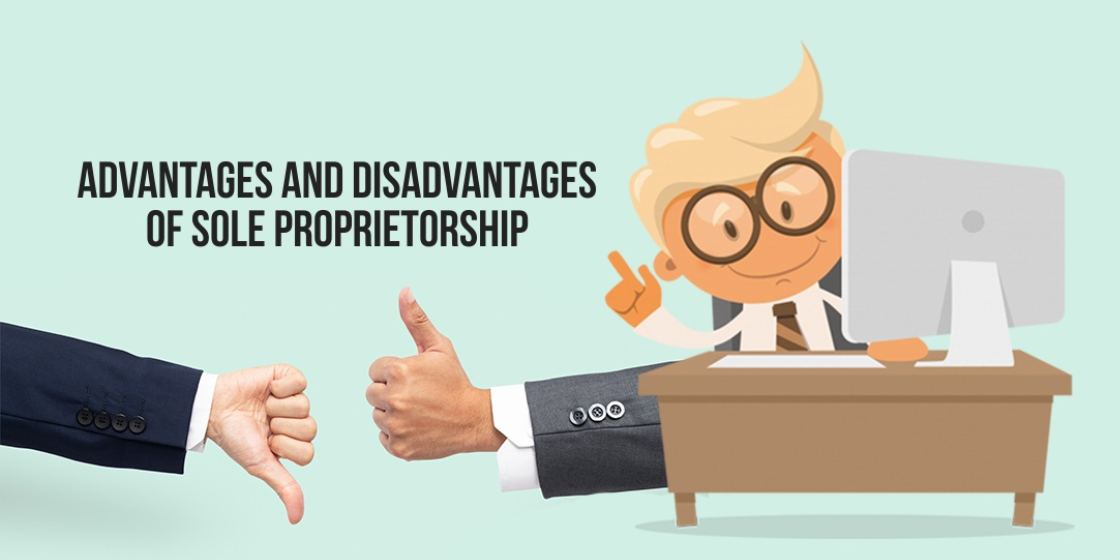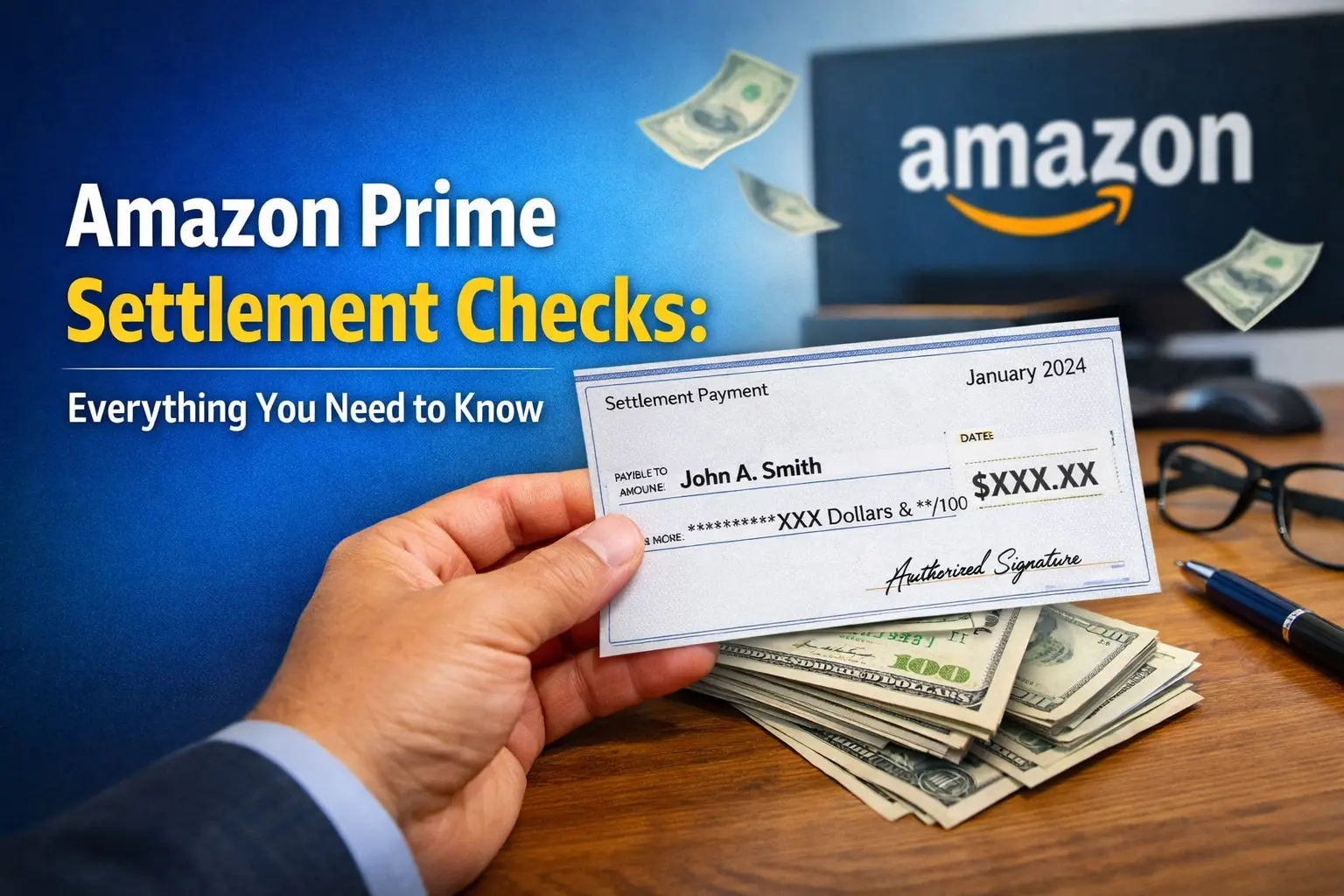It can be intimidating to launch a small business because you have to think of a business plan, find clients, and handle both immediate and long-term financial concerns. Additionally, it can be frustrating to sort through the documents, forms, and registration procedures necessary to legally establish your business. The benefits of operating as a sole proprietorship might be of interest to you if you’re still trying to decide which business entity type is best for you.
There are many advantages to being a sole proprietor for many business owners, even though this structure won’t be appropriate for every type of enterprise. Compared to other entities like corporations, this type of business entity is simple to set up, straightforward, and involves fewer formalities. The benefits of being a sole proprietor are especially easy for one-person businesses, especially if they don’t need a complicated legal or financial structure.
But sole proprietorship has both benefits and drawbacks, so it’s critical to understand when the advantages outweigh the drawbacks, especially in terms of personal liability.
Advantages And Disadvantages of Sole Proprietorship
As a result, we outline here 10 Advantages and Disadvantages of Sole Proprietorship in this guide, giving you the information you need to decide if this entity type is appropriate for your company. But before that let’s understand proprietorship.
What is sole proprietorship?
A sole proprietorship is a company that is owned, run, and controlled by one person. A Sole Proprietor runs the business alone, bears all risks and liabilities, and benefits financially from it. It works well for independently managed professions like salons or small retail stores.
Companies with a sole proprietorship structure can be made up of independent contractors, artists, developing start-ups, and well-established companies with real storefronts or office space. A sole proprietor is personally responsible for the wages, taxes, and health and safety of the employees, but there is no cap on the number of people they can hire.
Features Of Sole Proprietorship
Important characteristics of the sole proprietorship form of business include the following:
- Solitary Ownership. One person is the owner of a sole trading business. Run entirely at his own risk of financial loss. The sole proprietor manages and provides capital for the business.
- Personalization or a shared identity. A sole proprietorship business lacks an independent separate legal entity. The owner is the same as the business concern. All of the company’s assets are owned by the owner, and he is also liable for all of them.
- Capital. In a sole proprietorship, the owner provides the capital from his or her own personal resources. If he can’t rely only on his personal resources, he can also borrow money from his friends and family.
- Absolute Liability: The owner is wholly responsible for the debts of the company. In the event that the business assets are insufficient to cover the debts, the creditors have the right to recoup their debts even from the owner’s personal property.
- One Man in Charge: Sole tradership is all about an individual. The business is managed by the sole individual. He makes all of the decisions, obtains all of the material resources, hires all of the staff, and oversees all business operations. When making a decision, he is not required to consult anyone else. Even though the sole proprietor may give some of his authority to his assistants, he retains ultimate management and control.
- Losses and Gains. He alone is responsible for bearing all business losses and risks, as well as any surplus that results from the sole proprietor’s operations.
Advantages Of Sole Proprietorship
- Uncomplicated ownership rights
In a sole proprietorship, business ownership is fairly straightforward. There are no additional components, such as company officers or registration agents, present.The sole proprietor is responsible for all decisions, handling the money, and managing everything else. The sole proprietor of the business determines how it will operate.
So long as part ownership and control rights are not transferred, there are no issues with boards, officers, or other positions in common business structures.
Furthermore, sole proprietorships lack official registration. So, a certain level of independence and privacy is preserved. The proprietors are free to run their company however they see fit.
- Not Many Documents Required:
Particularly if your business is small, the benefits of being a sole proprietor are numerous and varied. But one of the first and most fundamental benefits of using this business entity type is that there won’t be a tonne of paperwork to fill out.
For example, limited liability corporations need to be registered with your state’s government before you can conduct business. Contrarily, sole proprietorships typically do not require state registration because they automatically become legal business entities when they begin operating.
The requirements of your state or local government may require you to obtain a business licence or permit, so it’s important to keep that in mind. However, one of the initial advantages of being a sole proprietor is that you can scale up your business much more quickly and with less burdensome paperwork from the government.
- Uncomplicated Tax Calculations
Another advantage of operating as a sole proprietor is that taxes are less complicated. Compared to other business structures, the tax requirements are relatively simple.
Sole proprietors are exempt from the EIN registration requirement, unlike other business models. Additionally, they have the option of paying employees using their Social Security number.
One-person businesses are not regarded as distinct legal entities. The owner’s income tax therefore includes business income or losses. For both personal and business transactions, the sole proprietors do not need to file separate tax returns.
In addition to these, sole proprietors also benefit from specific tax benefits that go along with small business deductions.
- Lower Business Expenses
One of the most alluring benefits is that sole proprietorship business structures have significantly lower registration costs than corporations.
As a sole proprietor, you and your business do not have separate legal identities, so you may not always need to register your sole proprietorship. However, you must register if you operate your proprietorship business under a name other than your legal name as an individual.
Many sole proprietors decide to register their business name regardless of local regulations in order to present themselves in the best possible light.
- Simplified Banking
Simplified banking is one of the sole proprietorship’s next major benefits. The only type of business entity that doesn’t need a business checking account to run a business is a sole proprietorship. (Though many of the personal financial protections that come with owning an LLC are invalidated if you operate it without a business checking account.)
You can send and receive payments for your business as a sole proprietorship directly from your personal bank accounts. You are not required to open a business checking account, though you do have the choice to do so if you want to keep your personal and professional finances separate.
Disadvantages Of Sole Proprietorship:
- Absolute Liability
The owner’s unlimited liability is without a doubt one of the biggest drawbacks of a sole proprietorship business. If there is a lawsuit against the company, the courts may take the owner’s personal property. This type of legal action frequently occurs when the owner has unpaid taxes or when he is not repaying his debts.
- Decision-making at a higher risk
Making the wrong choices is one of the major drawbacks of a sole proprietorship that many people overlook. Every business function’s final decisionis made by the owner.There is nobody to help with decision-making in a sole proprietorship business. Sole proprietorships run a high risk of making poor decisions.
- It can be difficult to raise capital.
Despite the low start-up costs associated with a sole proprietorship, trouble raising capital can restrict growth and even put you temporarily in the red. Paying for suppliers, overhead, labour costs, and other expenses is also your responsibility because you are personally liable for any business debts. The fact that business owners’ personal assets are constrained or linked to the company is one of the main drawbacks of sole proprietorships.
- It’s more difficult to sell your company.
A sole proprietorship is by definition linked to a single person, making it virtually impossible to transfer ownership to another person. As a result, your business will cease to exist if you pass away or decide you no longer want to manage it.
While selling a sole proprietorship is not impossible, you will need to approach the process differently. You would have to sell your business’s assets rather than the entire company, with everything that goes along with it.
Unless you’ve established a DBA, or “doing business as,” and either sold or transferred the usage rights to the other party, the buyer won’t be able to keep your business name in this situation. You would need to follow the same procedure if you wanted to leave your company to an heir.
- LimitedSkill set
A sole proprietor is in charge of making decisions on their own. So, one drawback of a sole proprietorship is the owner’s limited management abilities.It’s possible that a one-person-operation lacks some of the necessary skills for effective management. Despite the possibility of hiring professionals, limited funds might still be an issue.Overall, this drawback tends to make it difficult for the business to expand.
FAQs
Q.1- What is a sole proprietorship?
A sole proprietorship is a company that is owned, run, and controlled by one person. A Sole Proprietor runs the business alone, bears all risks and liabilities, and benefits financially from it. It works well for independently managed professions like salons or small retail stores.
Q.2-What are the features of sole proprietorship?
- Solitary Ownership
- Personalization or a shared identity.
- Capital
- Absolute Liability
- One Man in Charge
- Losses and Gains
Q.3- What are the 3 advantages of sole proprietorship?
- Uncomplicated ownership rights
- Not Many Documents Required
- Uncomplicated Tax Calculations
















Leave a Reply